Eucalyptus- Harvest???
copioussilverbirch
17 years ago
Related Stories
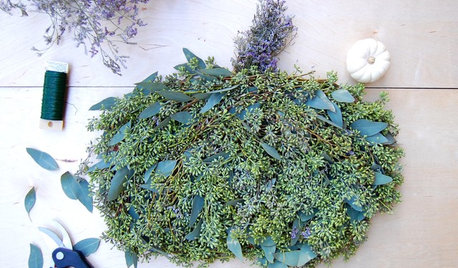
HOLIDAYSFall DIY Project: Pumpkin-Shaped Eucalyptus Arrangement
Freshen up your front entry with this easy-to-make decorative piece
Full Story
REMODELING GUIDESYour Floors: Zebra, Tiger, and Teak Wood, Oh, My!
Get the Pros and Cons of Exotic Woods: Hickory, Cherry, Rosewood and More
Full Story
BATHROOM DESIGNRenting? 10 Ways to Spruce Up Your Bathroom
If your rental’s bathroom is blah, don’t give up. Small design moves can make a big difference
Full Story
GARDENING GUIDESNew Ways to Think About All That Mulch in the Garden
Before you go making a mountain out of a mulch hill, learn the facts about what your plants and soil really want
Full Story
MOST POPULARSee the Difference a New Back Deck Can Make
A dramatic 2-story porch becomes the centerpiece of this Ohio family’s renovated landscape
Full Story
GARDENING AND LANDSCAPINGWhat to Know Before You Buy Teak Outdoor Furniture
Learn about finishes, weathering, care and that age-old oil debate to get the teak furnishings that suit you best
Full Story
GARDENING AND LANDSCAPINGBid Bad Garden Bugs Goodbye and Usher In the Good
Give ants their marching orders and send mosquitoes moseying, while creating a garden that draws pollinators and helpful eaters
Full Story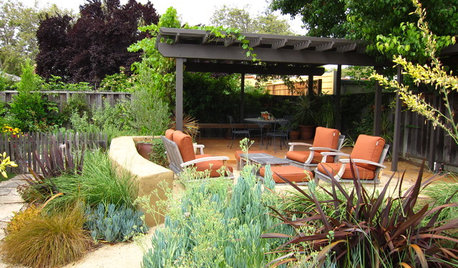
GARDENING GUIDESWhat Are Your Spring Gardening Plans?
Tearing out the lawn? Planting edibles? Starting from scratch? Tell us what you plan to change in your garden this year
Full Story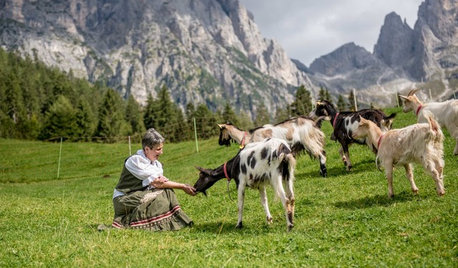
FARMHOUSESWorld of Design: See How 9 Families Live and Farm on Their Land
Join us as we visit the homes and farms of passionate food producers and hear about rural life around the globe
Full Story
KITCHEN DESIGNEcofriendly Kitchen: Healthier Kitchen Cabinets
Earth-friendly kitchen cabinet materials and finishes offer a host of health benefits for you and the planet. Here's a rundown
Full StoryMore Discussions






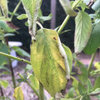
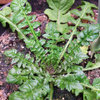
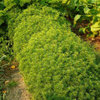
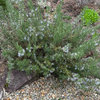
Daisyduckworth
madaussie
Related Professionals
Allentown Landscape Architects & Landscape Designers · Zion Landscape Architects & Landscape Designers · Stoughton Landscape Contractors · Americus Landscape Contractors · Bethel Park Landscape Contractors · Biloxi Landscape Contractors · Darien Landscape Contractors · Downey Landscape Contractors · Edwardsville Landscape Contractors · Fairview Landscape Contractors · Pahrump Landscape Contractors · Southbury Landscape Contractors · Wayland Landscape Contractors · Oklahoma City Roofing & Gutters · Ahwatukee Roofing & GuttersDaisyduckworth
cejay
Daisyduckworth
reubmail_gmail_com